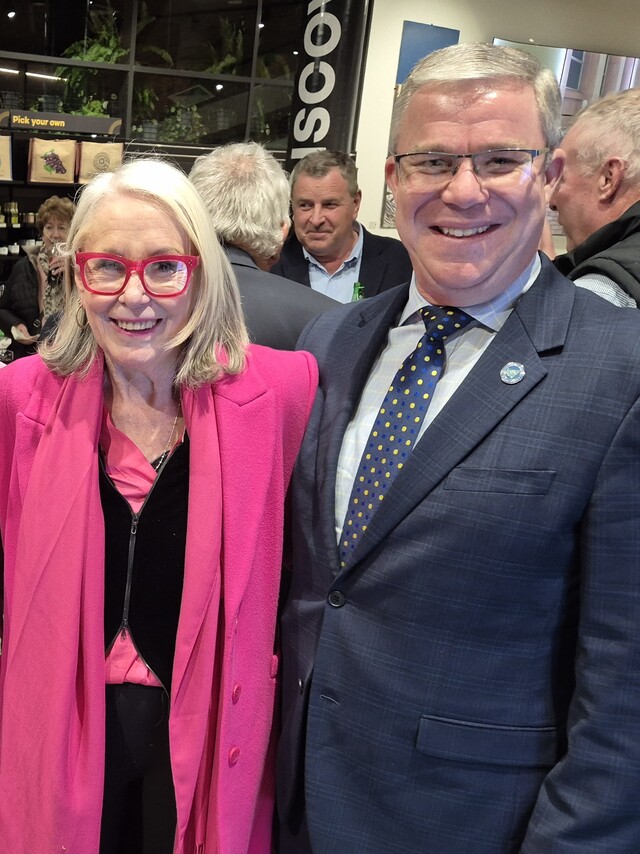by Martin Brennan*
In 1990, the founding members of ICLEI – Local Governments for Sustainability recognised the need for local action to respond to global environmental conditions.
Their attendance at the Earth Summit in Rio de Janeiro in 1992 and subsequent writing of chapter 28 of Agenda 21 (the United Nations’ sustainable development program) – Local Agenda 21 – is testimony to their approach, and has provided a sustainability framework for Local Government to inform planning, decision making and reporting.
ICLEI campaigns, programs and projects promote Local Agenda 21 as a participatory, longterm, strategic planning process that addresses local sustainability while protecting global common goods. Linking local action to internationally agreed upon goals and targets – such as Agenda 21, the Rio Conventions, the Habitat Agenda and the Millennium Development Goals – is necessary in a localised world.
Today ICLEI, on behalf of over 1,100 member councils, and as an accredited organisation of the United Nations, plays a leadership role in partnership with the United Cities and Local Governments (UCLG), World Association of Metropolises (Metropolis), C40 Climate Leadership Group (C40) and World Mayors Council on Climate Change (WMCCC).
The ‘Local Government Roadmap’ to the United Nations Conference of the Parties15 in Copenhagen in December this year was mapped out at COP13 in Bali, Indonesia. It includes a call on national governments to commit to include local actions and policies on the agenda of the COP, and to strengthen the partnership with Local Governments through their contribution to conference decisions.
The Australian ICLEI accredited delegation numbers 18 and comprises representatives from capital city, metropolitan and regional councils.
The ICLEI Lounge, located in the Bella Centre where the COP15 debates and discussions will take place, will provide an opportunity for our delegates to advocate the importance of setting targets and entering into partnership with Local Government to achieve the necessary outcomes.
The delegation will be promoting the work of councils that have participated in ICLEI Oceania programs and collectively achieved outstanding results.
Cities for Climate Protection Australia achievements 1998–2009:
- 238 participating councils, representing over
84 per cent of the national population - 18 million tonnes of CO2-e abatement
- $95 million in savings through reduced
energy costs.
Water Campaign™ achievements 2000–2008:
- 121 participating councils
- 24 councils collectively reported savings of 1.7
gigalitres in 2007–08, the volume of around 670
olympic sized swimming pools, plus hundreds
of actions to improve water quality.
Adaptive and Resilient Communities:
- ICLEI Oceania’s new adaptation capacity
building program - assists councils to assess climate change
impacts and develop adaptation strategies.
*Martin Brennan is Deputy CEO ICLEI Oceania.







